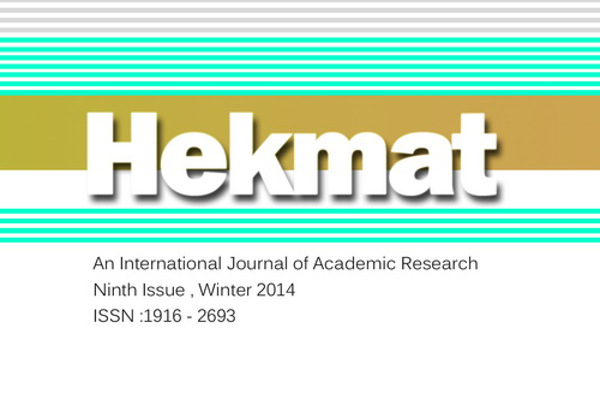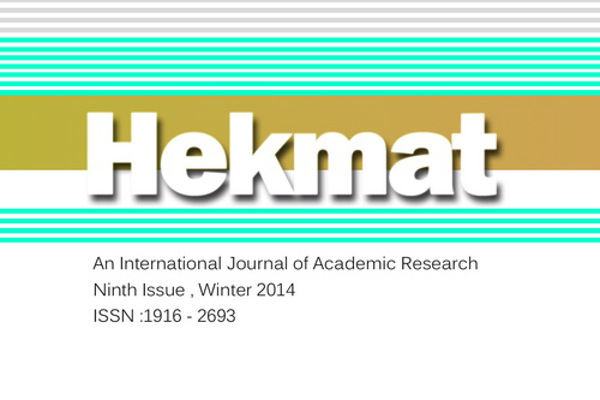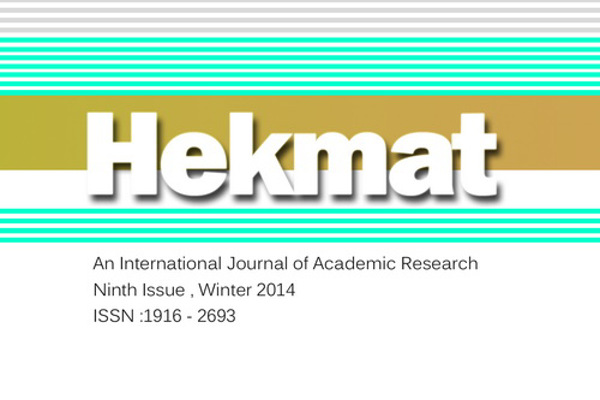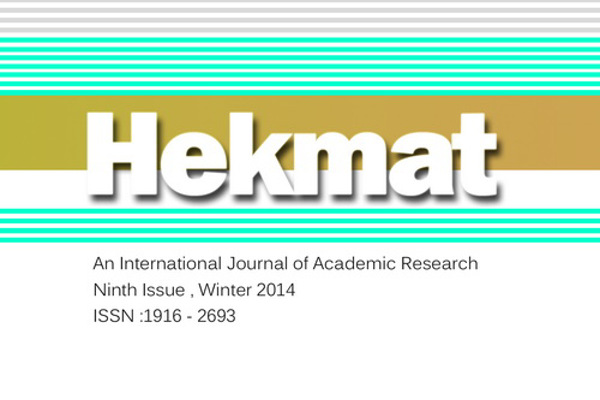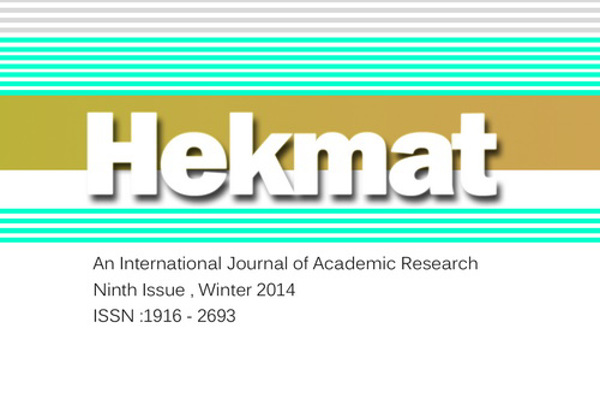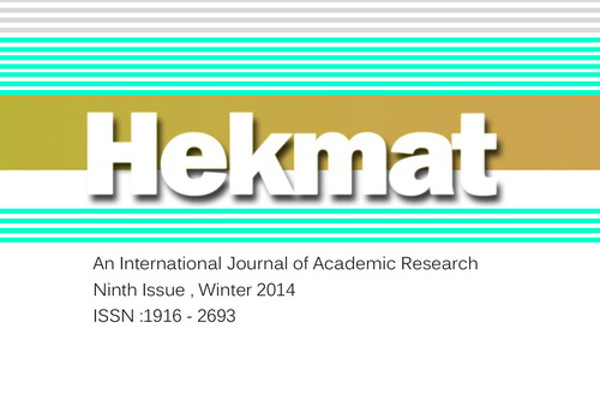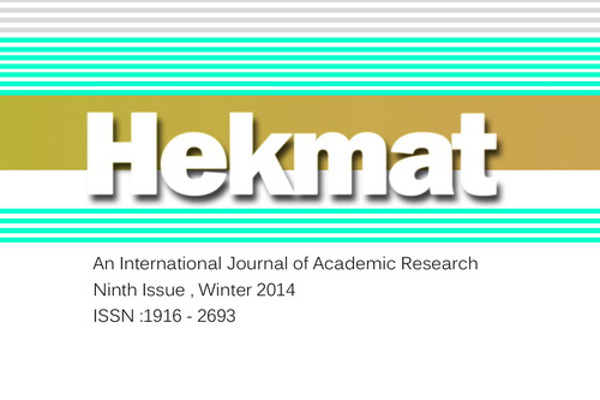Principles Governing Islamic Taxation System
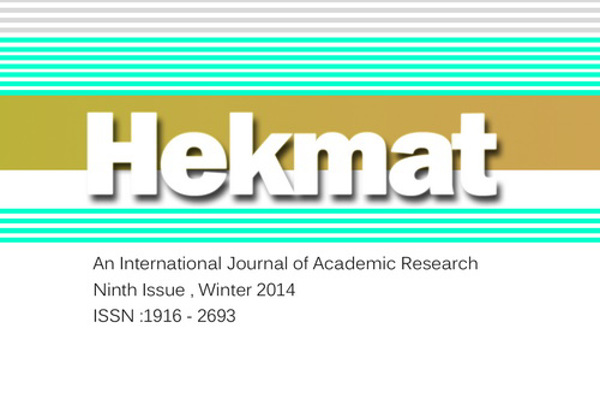
“Collect some amount from the money they possess as alms in order to cleanse and purify them. And pray for them for your praying brings about tranquility for them. And God knows and hears[1].”
After a short while, another verse of the Koran was revealed to define how the money collected as alms must be spent:
“Alms are to be spent on the poor, the needy, the agents involved in collecting it, those whose heart is to be won, the slaves due to be set free, those in debt who cannot pay their debt, in the path of God, and the travelers lacking means to go back home; this is the obligation imposed by God and God is knowledgeable and wise[2].”
After these verses were revealed, the holy Prophet of Islam (be peace upon Him and His Progeny) explained in detail the cases where payment of the alms (Zakat) is mandatory, the quantitative condition for its becoming mandatory, and the amount of money to be collected. He, then, appointed agents responsible for carrying out this task and gave them exact and detailed executive orders often in writing and dispatched them[3].
Through explaining Sharia law, legislating Islamic financial regulations and establishing relevant executive orders pertinent to Khoms, Zakat, Kharaj, Jezyeh, Feia, and Anfal, the holy Prophet of Islam founded an efficient financial system for Muslims. The Islamic states, afterwards, relied on these financial resources in discharging their grand responsibilities.
The structure of the Islamic taxation system established in the early days of Islam was the simplest, cheapest, most humane, and easiest system known at the time thanks to the special principles and criteria it was based on. These principles and criteria include the following: rational interests of people must constitute the reason d’etre of taxation; regulations must be based on reason; and enforcing the rule must be accompanied with compassion. To support this claim, we may quote parts of a letter written by Imam Ali (AS) to the agents responsible for collection of tax. It was written at the time when Islamic government underwent deep crisis hence its dire need to financial resources:
“As you arrive at the destination, camp around the water source and avoid entering people's houses. Then, walk smoothly and slowly to people. Salute as you reach them. Do not hesitate in saluting every individual. Then, tell them that the friend of God and the Caliph of the holy Prophet has dispatched me to you in order that I collect God's share of the property he has endowed you with. Is there any share of God in your property that I can collect? If an individual says no, then leave him. If an individual says yes, then, accompany him to where his possession is without frightening him or threatening him or troubling him or treating him harshly. Take whatever he gives you[4].”
Is it not the time ripe for economists and university professors of economy who study different types of taxation systems from every angle and for officials and policymakers in the Ministry of Finance who revise rules and regulations annually in order to enhance taxation system and block tax evasion to pay attention to the Islamic system of taxation too, and at least, scrutinize it as they do other systems in order to realize that there are elements useful for constructing the Iranian taxation order based on general principles that make it more efficient in the long run?
We can derive the following four important strategic principles for policymaking in this field from the Islamic system of taxation:
The principle of the primacy of people's interests
The legislation of monitory rules and tax imposition in Islam, whether permanent or otherwise, aims at one fundamental objective: to meet people’s need and protect their interests. Consequently, the collection of a particular tax or a particular amount of tax would be stopped as soon as it turns out to be detrimental to economic growth or bothersome to people. On appointing Malik as the governor of Egypt, Imam Ali (AS) advised him:
“Supervise the affairs of the agents responsible for tax and keep them straight. For, when you keep them straight, you keep all other agents straight as well in the meantime. No improvement for others may be conceived if these agents are not straight. Everybody somehow depends on these agents. Yet, you must pay more attention to construction and cultivation of the land. For, you cannot collect tax unless the land is constructed and cultivated. Whoever collects tax without building destroys cities and people inhabiting it. They cannot rule but for a very limited time. If your subjects complained to you on account of heavy burden of tax, bad harvest, canker-stricken crops, drought, shortage of spring water, flooded land, corrupted seed or the like, then, reduce the amount of tax as much as necessary to help them recover. Take it easy. Your reduction is a sort of investment for you. It would be compensated for when your territory flourishes as the result[5].”
It is precisely for the preservation of people's interests that tax, it's amount, it's time, and its quality are so planned to leave no adverse affect on production and occupation.
The principle of justice in taxation
The majority of theorists in the field of taxation believe that their theory is capable of guaranteeing justice. Nonetheless, most of them believe at the same time that the principle of profit always guarantees justice at the end. Consequently, when planning, they concentrate on who benefits more from general public services and natural resources in order to impose taxes proportionately. Sometimes, they concentrate on the power to pay as the basis for just planning. In this theory, tax regulations are a function of how much taxpayers can afford. As in other Sharia laws, here too Islam takes into account not only the capability of taxpayers for paying and the level of benefiting from public services, but also other factors such as Social Security, redistribution of income, wealth equilibrium, and the need of the poor. This is in order to avoid all extremes and negligence of some parameters as the result of over emphasis on some others. Traditions say that had the needy needed more, God would have imposed a greater percentage in Zakat.
The principle of spiritual elevation
To pay some of one's property one has acquired in toil is always difficult. Usually, people dislike it. In order to overcome this barrier, Islam has drawn attentions to two points: first, one's income is not entirely the result of one's effort. In part, it belongs to nature. Has it not been for natural resources and public services, individuals would not have been able to produce anything valuable. Second, God is going to reward one multifold in this life and infinitely in the hereafter for every penny one spends on good in this life. Addressing people, Imam Ali (AS) says:
“Like Salat, Zakat is a ladder taking one up to the Lord. Whoever pays Zakat of Fitrah willingly may be assured of his sins being forgiven. His payment would be a shield protecting him from Inferno. Let no one then feel it hard to pay or pity for what seems to be loss.”
The principle of trust
As the result of the said three principles in addition to the religious obligation of enjoining good and forbidding evil, the Muslim community experienced strong mutual trust between people and the state. Consequently, the Islamic system of taxation allowed both self-declaration of debt to the state as well as autonomous taxation. Payers of religious taxes are allowed under certain circumstances to spend the amount due to pay as tax in expenditures by themselves. This autonomy acts as an additional incentive at the same time as it facilitates the process of collecting and spending.
To find a cure for the wide spread phenomenon of taxpayers complaining that the rate or type of taxes are not fair and tax collectors complaining about tax evasion, one may resort to models constructed on the basis of general principles derivable from Islamic tradition.
[1]. The Koran, Surah Tawbah, verse 9.
[2]. The Koran, Surah Tawbah, verse 60.
[3]. Seyed Reza Husseini, Beit al Mal, Imam Ali's encyclopedia, Pajuheshgah Farhang w andisheh eslami, 1380, vol.7, p.297.
[4]. Nahj Al Balaghah, letter 25.
[5]. Ibid., sermon 199.


